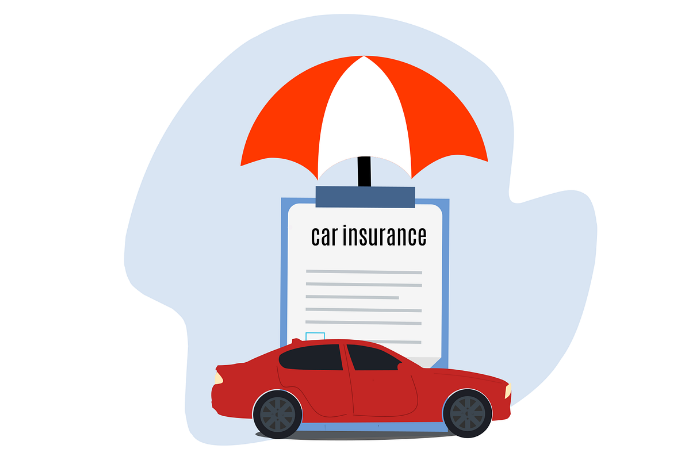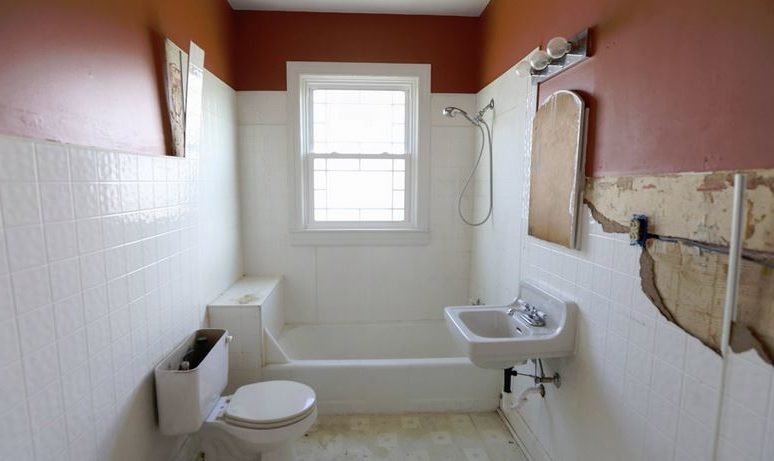To find the best car insurance rate, it’s important to understand the different types of coverage available. Six basic auto insurance coverage types make up most policies.
Except for New Hampshire and Virginia, most states require you to have liability insurance, which covers the costs of other people’s medical expenses and any property damage you cause in an accident.
Liability Coverage
Liability insurance, commonly called property damage liability, pays for any injuries to third parties and damage to their property when you cause an accident. It frequently covers medical expenses, lost wages, and financial penalties. Comprehensive and collision insurance cover damage to your vehicle; liability insurance does not.
Liability limits are set by state law, but higher limits may be available from insurance companies. Liability coverage is required in most states, but it’s important to consider the potential cost of a major accident when choosing a policy and setting limits. Combining several coverage types in a single policy is often a good idea. It can also help keep premiums lower. For example, bundling home and auto insurance Newark DE can save you money.
Collision Coverage
Most states require auto insurance, but policyholders can purchase additional coverage types for greater financial protection. These include collision and comprehensive, which help pay for physical damage to your vehicle.
These types of coverage pay to fix or replace your car if it collides with another vehicle or object, including objects within your control, like trees and lampposts and certain natural disasters such as hailstorms. The maximum amount collision insurance normally pays out is your car’s real cash worth, less your deductible.
Drivers who carry this coverage must have it if they lease or finance their cars. However, it is also an option for drivers who own their vehicles outright. Comprehensive coverage pays for things outside a driver’s control, such as a spooked deer or a lightning strike.
Comprehensive Coverage
Comprehensive car insurance reimburses you for damages to your vehicle caused by non-collision-related events like fire or theft. It also covers other mishaps, like running into a deer or hitting a fallen tree during a storm. Like collision coverage, comprehensive typically has a cash value limit and a deductible you choose.
Generally, comprehensive and collision coverage are packaged together in a full-coverage auto policy. Lenders and financing companies typically require this type of coverage if your car is leased or financed. It is often recommended, especially if you live in an area prone to natural disasters, like wildfires, hurricanes, or tornadoes. Considering it if you drive an older vehicle is also a good idea. High deductibles can lower your premium significantly.
Uninsured/Underinsured Motorist Coverage
In the case of a collision with an uninsured motorist or a hit-and-run driver, uninsured/underinsured motorist policy (UM/UIM) will shield you. If the at-fault motorist has insurance, but their policy limitations are insufficient to cover your charges, it might also help pay your fees.
UM/UIM coverage typically costs little and can save you money in the long run. It’s worth it – especially since so many drivers lack car insurance.
Get personalized quotes from multiple providers to find the right auto policy for your needs and budget. Remember that deductibles, coverage options, and discounts can affect rates.
Medical Payments/Personal Injury Protection
In states with no-fault car insurance, this type of coverage pays for a policyholder’s medical bills and other costs after an accident. It covers up to the limits of your policy, and it’s often combined with PIP.
Also known as Med Pay covers a policyholder and their passengers’ medical expenses following an accident, no matter who caused the accident. It’s a good complement to your health insurance and can help you avoid hefty out-of-pocket expenses.





